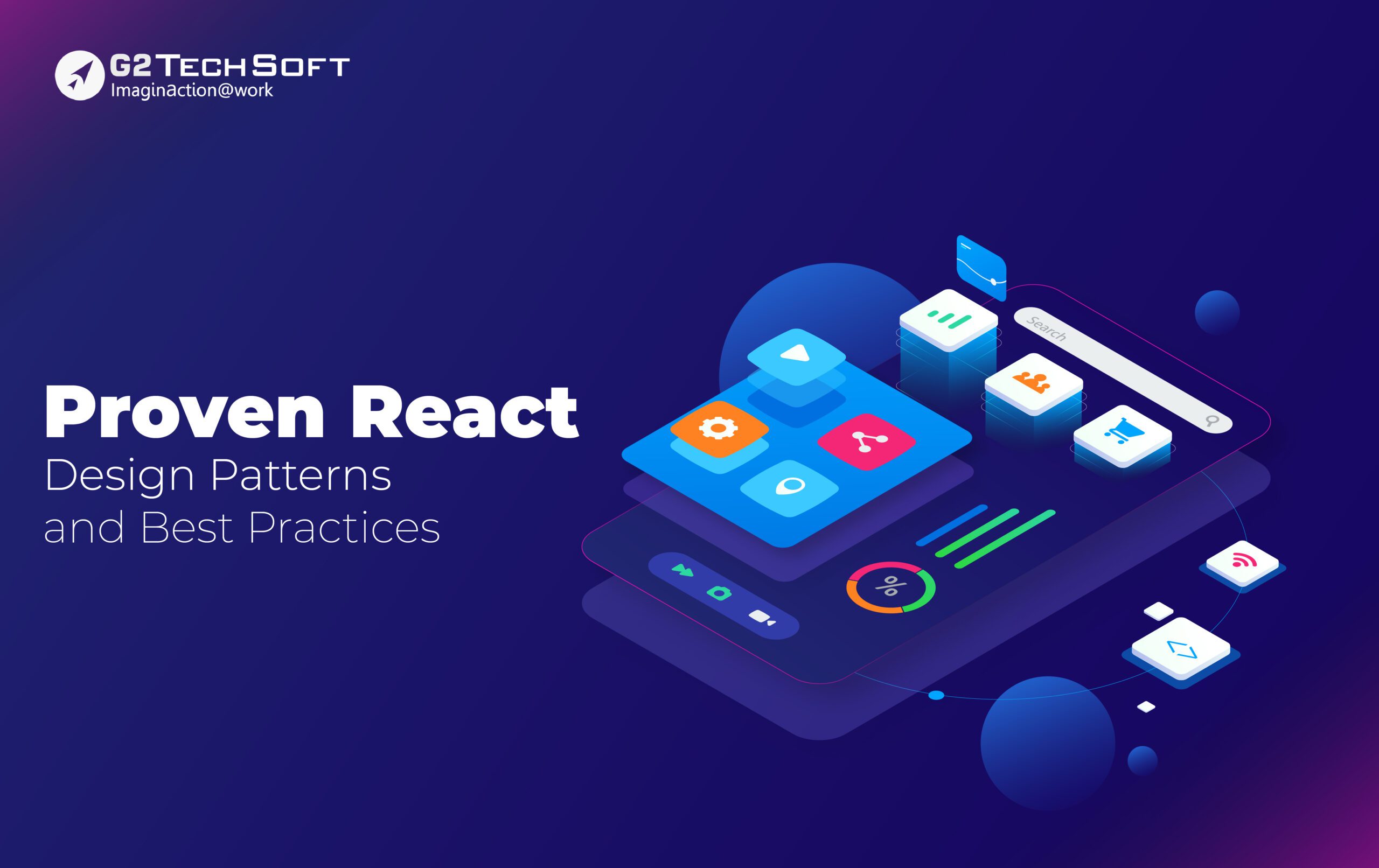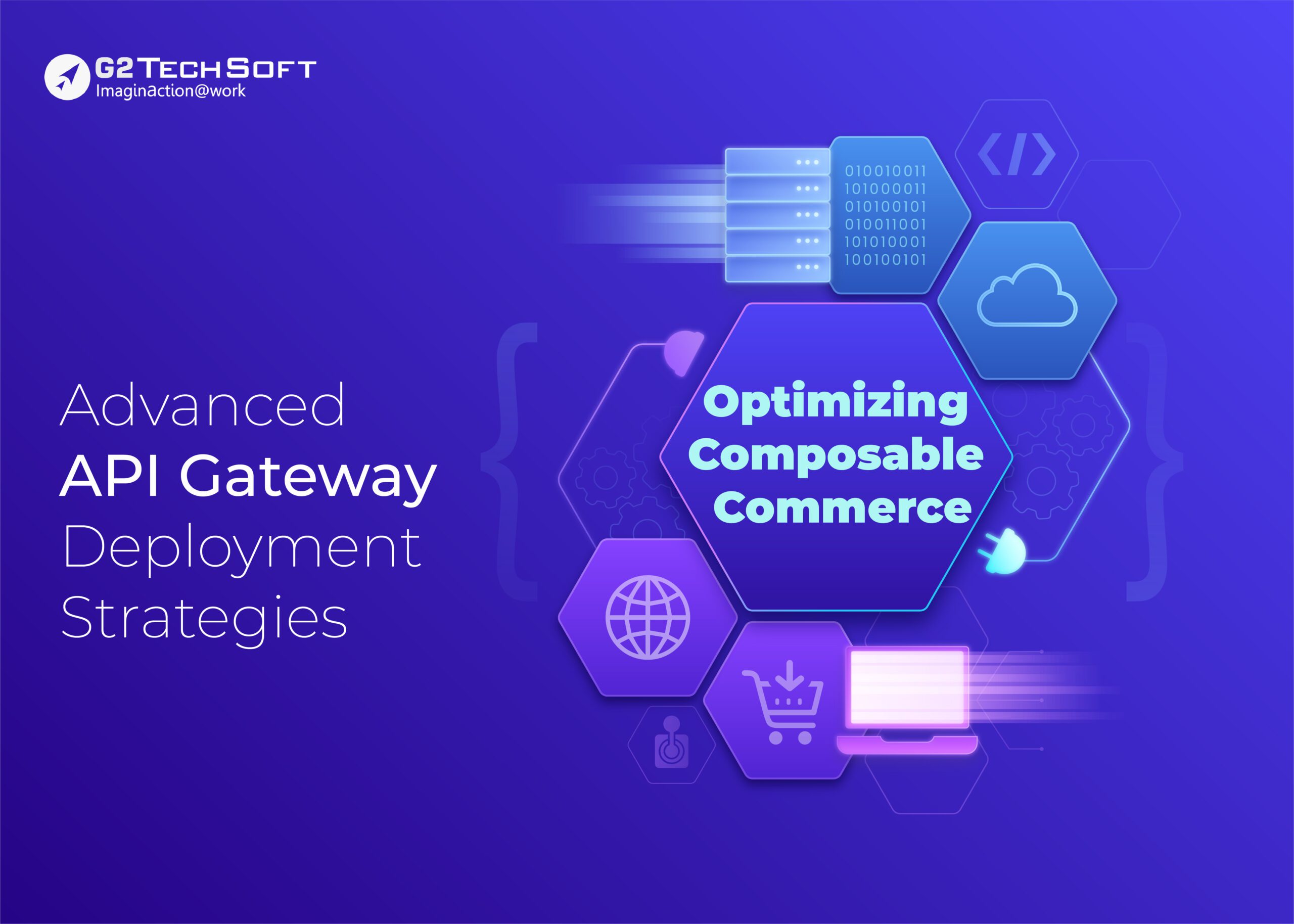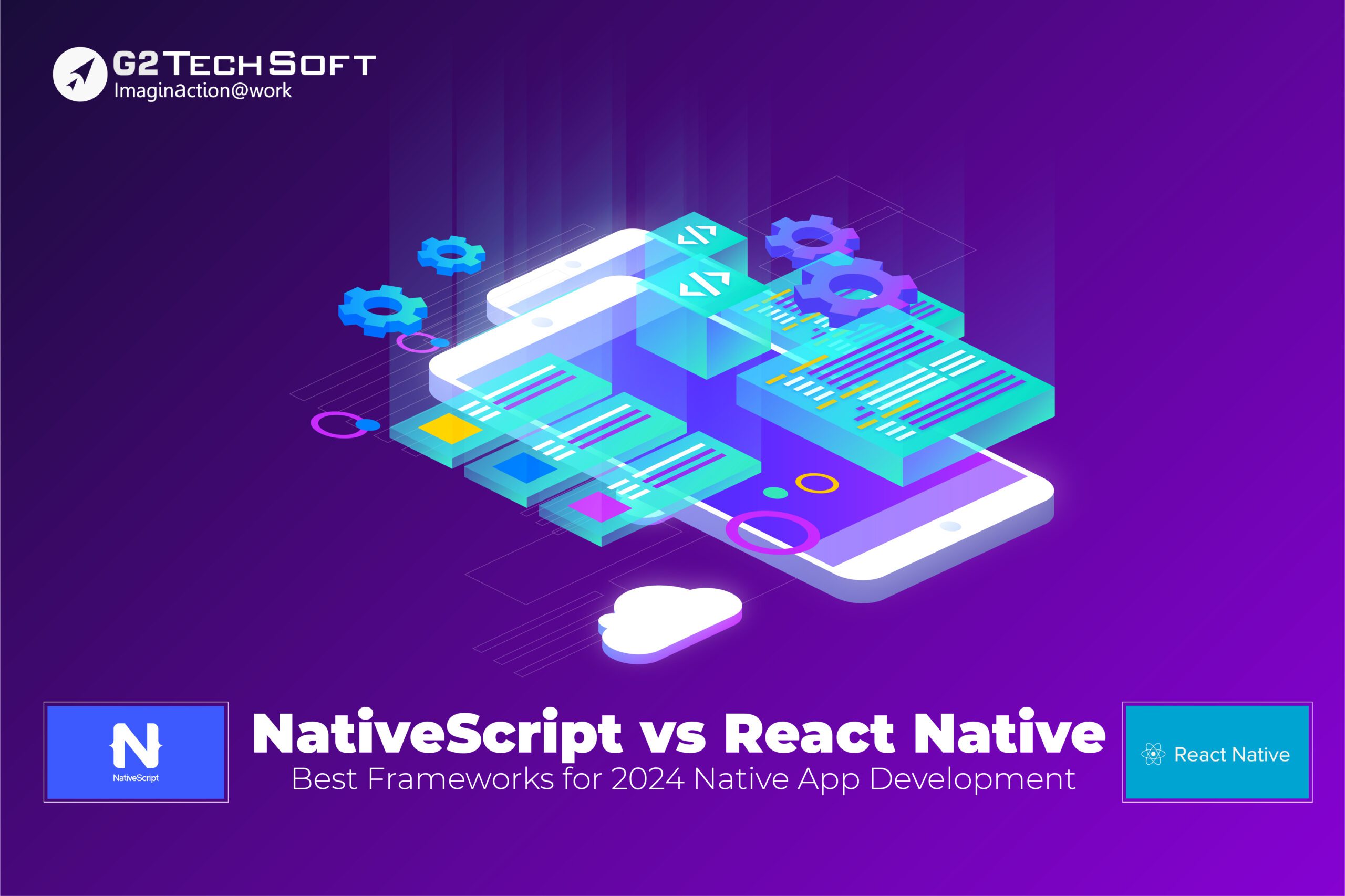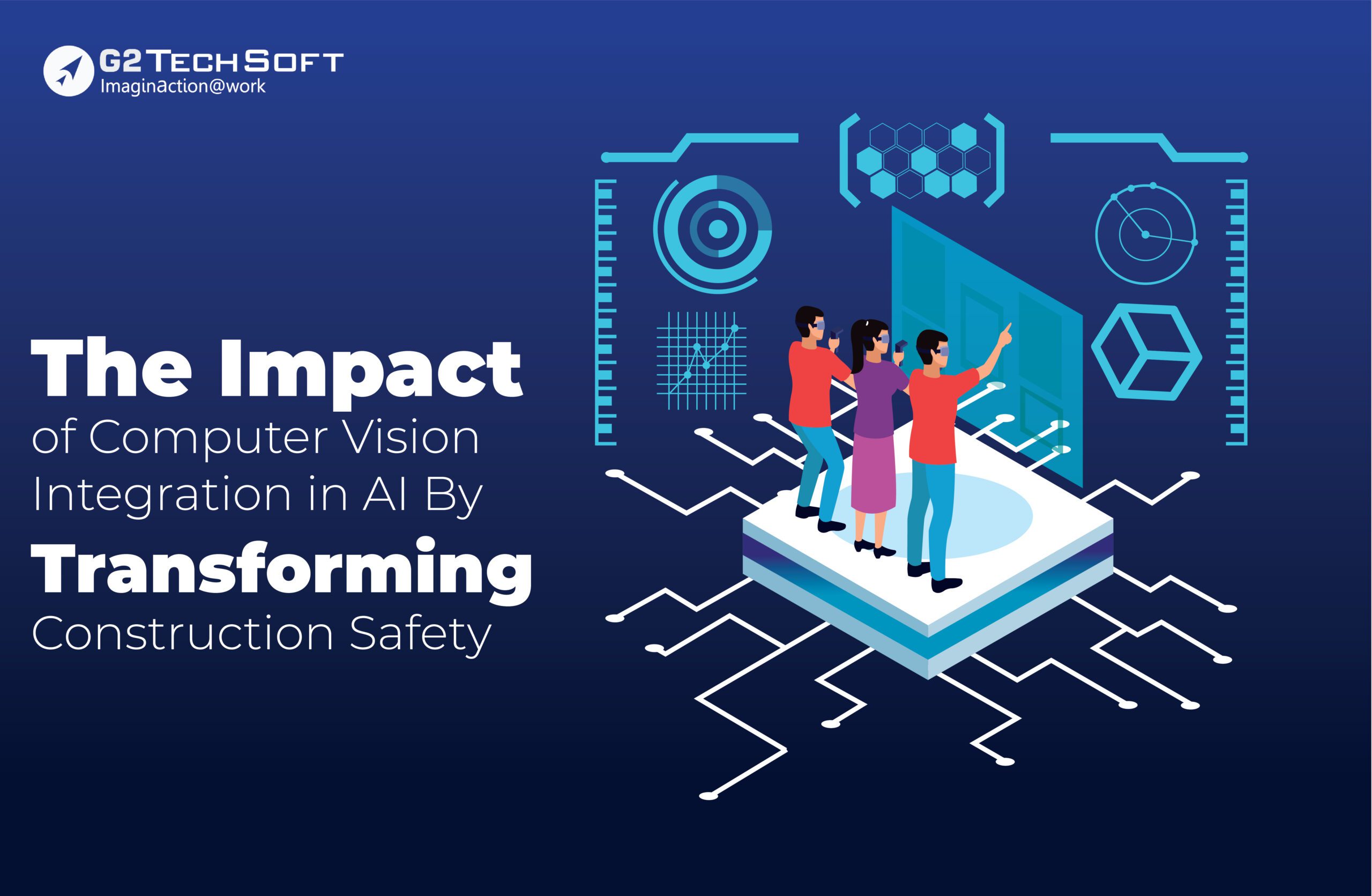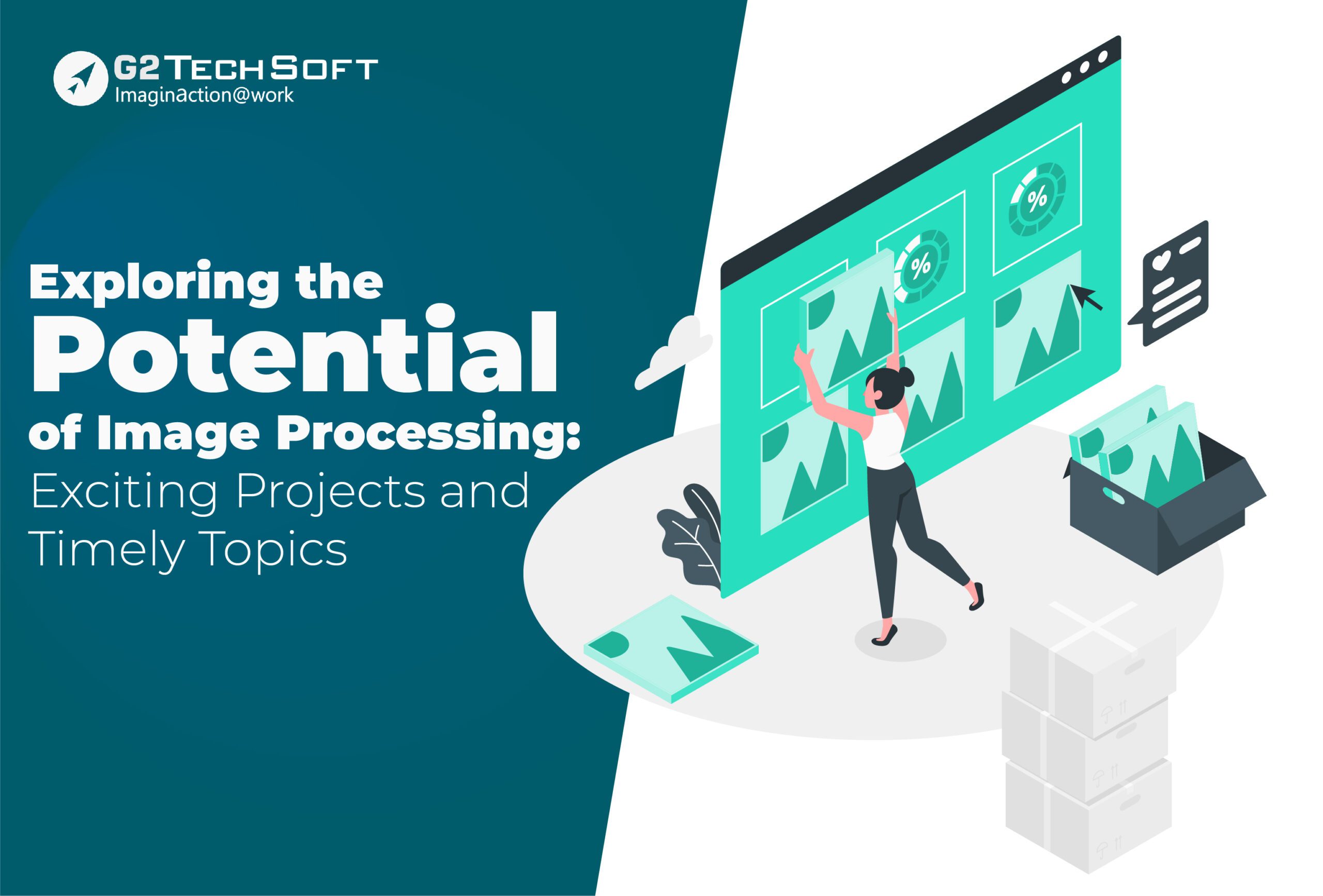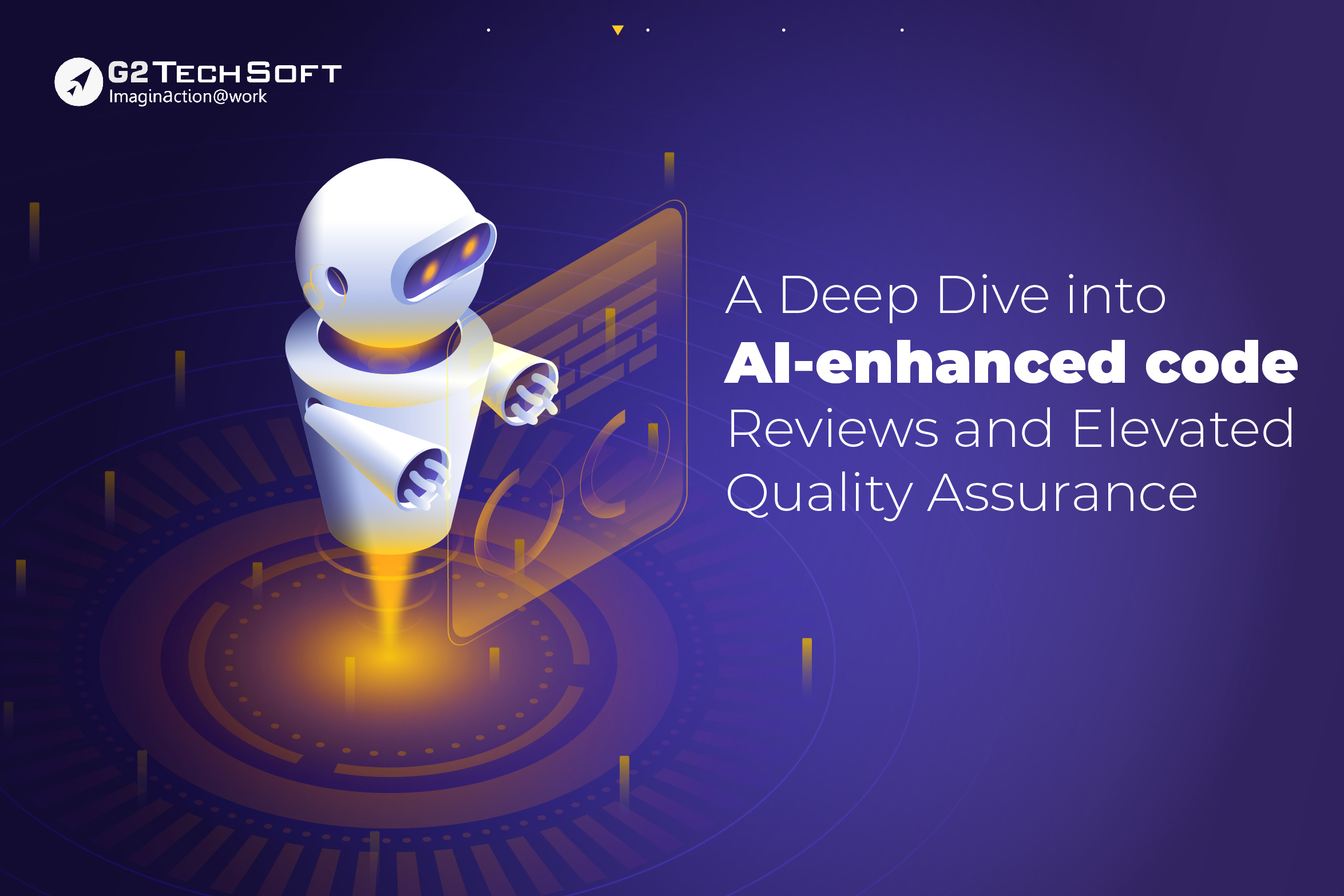
A Deep Dive Into AI-Enhanced Code Reviews And Elevated Quality Assurance
AI developers now leverage advanced AI tools to streamline the software development process. These tools, such as generative AI tools, are instrumental in artificial intelligence software development, providing invaluable assistance in writing code, testing, and product development. The synergy between AI and coding has led to the emergence of innovative solutions that enhance productivity and efficiency in the development lifecycle.
There are numerous options available. Here are ten noteworthy AI code tools designed to empower developers and optimize the coding workflow: IntelliCode, Codota, TabNine, Sourcery, CodeGuru, Kite, DeepCode, CodeAI, CodeCopilot, and CodeQL. These AI code tools, leveraging artificial intelligence and machine learning algorithms, play a pivotal role in assisting programmers.
By learning from extensive datasets derived from global codebases, they offer suggestions, auto-complete code snippets, identify and rectify bugs, and provide recommendations for coding best practices.
How AI Code Reviews Propel Software Development To New Heights
The advantages of integrating AI code tools into the development process are manifold, which are as follows:
Enhanced Error Detection:
AI code reviews play a pivotal role in software development by excelling at identifying common coding errors. These include null pointer exceptions, memory leaks, and boundary condition problems. Early detection significantly reduces the likelihood of defects reaching production, ensuring the creation of more reliable software.
Comprehensive Security:
AI code reviewers are adept at detecting security vulnerabilities, providing insights into potential entry points for cyberattacks. They not only identify issues but also recommend patches and coding practices to fortify the software against security threats. This proactive approach helps safeguard sensitive data and user privacy.
Efficient Resource Utilization:
Automating routine code reviews with AI allows developers to optimize their time. By reducing the manual workload, developers can redirect their efforts toward more complex, creative, and strategic tasks, such as architectural design and innovation.
Scalability Without Resource Expansion:
AI-powered code reviews exhibit high scalability, enabling teams to handle increased workloads as project sizes grow. This scalability proves advantageous for organizations with fluctuating development demands, eliminating the need for proportional expansions of human resources.
Consistent Code Quality:
AI maintains a persistent standard of code quality throughout any project. It enforces coding standards, best practices, and company-specific guidelines consistently, fostering uniformity in coding style and practices across the entire development team.
Reduction In False Positives:
Well-tuned AI code reviewers significantly reduce the occurrence of false positives compared to manual reviews. This means developers spend less time investigating and addressing issues that aren’t actual problems, ultimately boosting productivity.
Increased Code Review Coverage:
AI efficiently analyzes and reviews a higher percentage of the codebase, including areas that might be overlooked in manual reviews. This extended coverage will detect the risk of undiscovered problems surfacing later in development.
Faster Time-to-Market:
The rapid pace at which AI performs code reviews speeds up software development cycles, resulting in faster time-to-market for software products. This agility serves as a competitive advantage in rapidly evolving industries.
Enhanced Collaboration:
AI code reviewers offer objective assessments, limiting subjective biases that can sometimes emerge in human code reviews. It fosters a more constructive and collaborative atmosphere within development teams.
Continuous Improvement:
AI-driven code review tools learn and adapt from each review, gaining insights from historical data and developers’ actions. This continuous learning enhances their ability to identify issues and provide recommendations over time, contributing to improved code quality and development efficiency.
Overcoming Challenges In AI Code Reviews For Streamlined Software Development:
False Positives And Negatives:
AI’s impact on code reviews comes with challenges, notably the potential for false positives and negatives. False positives, where non-issues are flagged, and false negatives, where real problems are missed, require human intervention for validation and fine-tuning. Striking a balance between minimizing false alerts and capturing genuine issues poses an ongoing challenge in the integration of AI in code reviews.
Learning Curve:
Implementing AI code reviews introduces a learning curve for development teams. This necessitates adapting to new tools, processes, and workflows, impacting productivity in the short term. Comprehensive training and support are essential to mitigate this challenge and facilitate a smooth transition for the development team.
Human Expertise:
While AI automates code reviews, human expertise remains indispensable. Developers get the domain-specific knowledge and contextual comprehension that AI may lack. For nuanced decision-making, especially regarding project-specific requirements and business logic, human judgment continues to play a crucial role alongside AI.
Over-Reliance On AI:
Over-reliance on AI in code reviews poses a concern. Teams may neglect manual reviews, assuming AI will catch all issues. Striking a balance between automated and manual reviews is crucial to avoid overlooking critical aspects, particularly subtle or context-specific problems that require human judgment.
Privacy And Data Security:
AI code reviewers analyze potentially sensitive code, raising concerns about privacy and data security. Protecting code repositories and reviewing data through robust measures and compliance with data regulations is paramount to ensuring the confidentiality of sensitive information.
Customization And Tuning:
AI code reviewers often require customization to align with project-specific requirements and coding standards. Teams must invest time in configuring AI tools for optimal results. Regular adjustments are necessary to adapt to evolving coding practices and maintain effectiveness.
Maintenance And Updates:
Ongoing maintenance and updates are imperative for AI models and tools to remain effective. Staying current with the latest AI advancements ensures that AI code reviewers evolve alongside changing coding practices, contributing to sustained effectiveness in the long term.
Ethical Considerations:
The ethical use of AI in code reviews is a critical consideration. Developers and organizations must address biases in training data and ensure that AI reviews adhere to ethical coding standards. Thoughtful design and usage are essential to maintaining fairness and integrity in the code review process.
The Impact Of AI-Driven Testing In Transforming Software Development
Intelligent Test Generation:
AI-driven testing is instrumental in upholding and elevating code quality, primarily through intelligent test generation. AI algorithms analyze the software application, intelligently crafting test scenarios that encompass a broad spectrum of use cases, including often overlooked edge cases. This approach ensures more thorough testing and an enhancement in overall code quality.
Adaptive Testing:
Autonomous testing systems, empowered by AI, exhibit adaptive capabilities that contribute significantly to code quality. These systems learn from each test execution, continuously adapting and refining their testing strategies. This adaptability enables them to efficiently pinpoint bugs and weaknesses in the code, fostering continuous improvement in code quality over time.
Speed And Efficiency:
AI-driven testing demonstrates unparalleled speed and efficiency, surpassing the capabilities of human testers and traditional automated tests. The rapid generation and execution of tests facilitate frequent testing cycles, enabling the prompt detection and resolution of bugs and issues. This swift turnaround results in elevated code quality.
Consistency:
The use of autonomous tests ensures a consistent testing approach, running the same tests in the same manner with each iteration. This consistent methodology is vital for maintaining code quality, as it guarantees that all aspects of the software undergo testing to a uniform standard.
Reduces Human Error:
Automating the test generation and execution process through AI-enabled autonomous testing significantly mitigates the risk of human error. This reduction in human error translates to more precise test results, ultimately contributing to higher code quality.
A Closer Look At The Inner Workings Of AI Code Review Systems:
- Source Code Analysis: AI code reviewers scrutinize source code, identifying and flagging issues such as syntax errors, code style violations, and potential bugs. This ensures a thorough examination of the code’s structural integrity and adherence to coding standards.
- Natural Language Understanding (NLP): Leveraging Natural Language Understanding (NLP), AI comprehends the context of code changes by interpreting comments and documentation. This contextual awareness enhances the reviewers’ ability to make informed assessments of code quality.
- Learning From Historical Data: AI code reviewers continuously learn from historical data, drawing insights from past code reviews, repositories, and developers’ collective knowledge. This learning process enables them to adapt their recommendations over time, improving their effectiveness in identifying and addressing issues.
- Advanced Features: Some advanced AI code reviewers go beyond issue identification. They offer auto-correction features, suggesting or automatically implementing code fixes. This capability streamlines the development process, allowing developers to accept or modify AI-generated fixes, reducing the need for manual intervention.
- Language Agnosticism: Designed to be language-agnostic, AI code reviewers are versatile and adaptable across multiple programming languages. This characteristic ensures that they can seamlessly integrate into diverse development environments, catering to the needs of various coding projects.
Looking to fortify the future of Software Development? Choose G2 TechSoft to Integrate AI into the code review process:
G2 TechSoft’s AI integration for code reviews propels software development forward, ensuring heightened code quality, streamlined processes, and context-aware assessments. This strategic choice fosters efficiency, productivity gains, and a commitment to continuous learning with adaptability across programming languages. Choosing G2 TechSoft is not just adopting AI tools; it’s a commitment to fortify the future of software development, optimize processes, and stay at the forefront of technological advancements.
